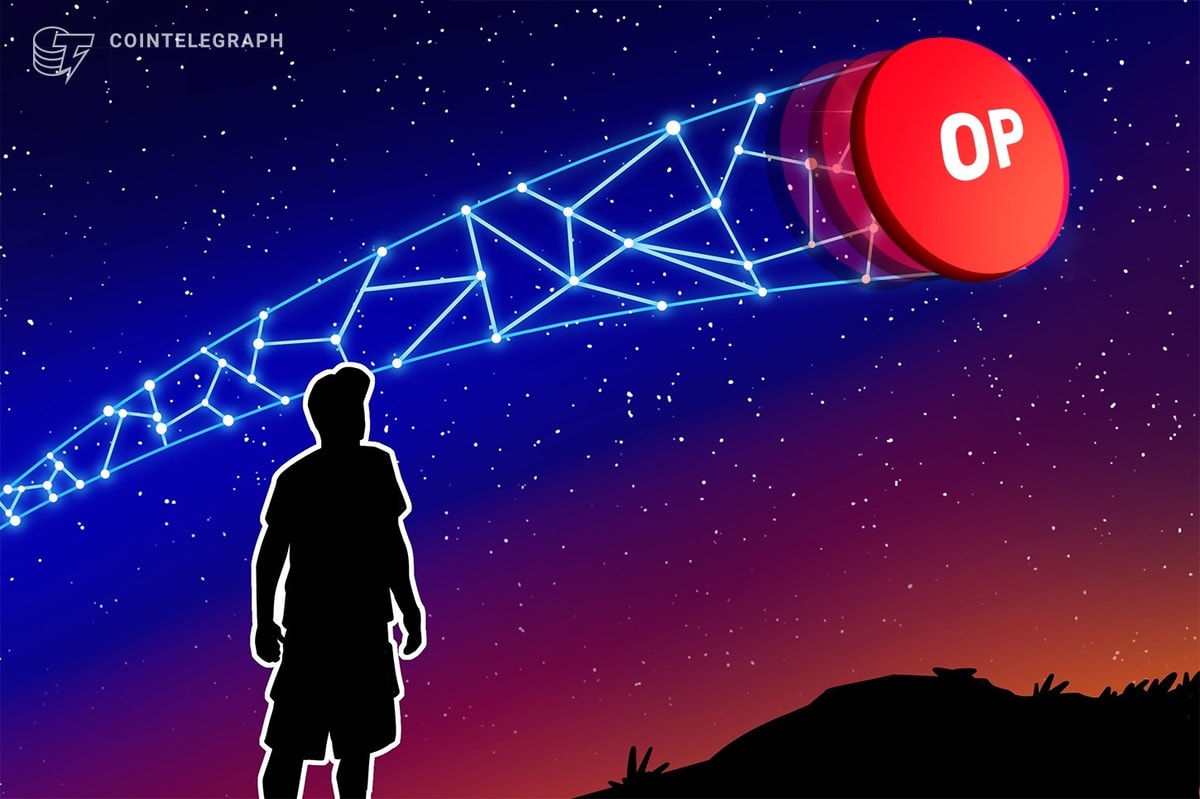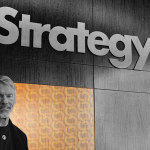Optimism Introduces Season 8 Governance Upgrades With Focus on Decentralization
Optimism’s layer-2 scaling solution is preparing its second annual governance overhaul, Season 8, set to activate on August 1. The primary objective is to enhance decentralization and accountability, addressing platform risks identified from previous centralized governance approaches.
Key Changes & Objectives
Announced in a Friday blog post, the Season 8 revamp introduces:
- Stakeholder Voting: Incorporating four distinct stakeholder groups—tokenholders, end-users, apps and chains—into the governance process.
- Public On-chain Citizenship: Defining and verifying citizenship criteria on-chain.
- Auto-pass Proposal Process: Allowing most proposals to automatically pass unless explicitly vetoed by a stakeholder concerned with core platform factors and safety.
“The goal has always been to create a governance model designed for a new internet; now we understand that means lowering platform risk by creating accountability where corporate governance models have failed to do so,” the Optimism team stated.
Reducing Platform Risk
The organization outlines this season focused on “governance general decentralization,” explicitly aiming to mitigate risks where a single stakeholder group dominates decision-making. To this end, Optimism proposes governance through two Houses:
- The Citizen House: Allows one vote per citizen (active end-users, app developers and bridges).
- The Token House: Employs a token-weighted vote, represented by up to 85 seats reserved for Optimism Foundation or ecosystem tools token holders.
Noting citizenship “remains an experiment,” the update solidifies membership criteria but does not guarantee future eligibility.
A Streamlined Approval Process
A significant shift is the introduction of an “optimistic approval” process. Most proposals will automatically pass unless a stakeholder vetoes them before the August 1 deadline due to critical factors or safety risks, designed to streamline participation and avoid full-time political engagement.
“Participating in governance should not require spending hours reading forum posts and navigating complex bureaucracy. Being a governance participant should not be a full time or part time job,” the team emphasized.
Additional mechanisms include resource budget proposals requiring veto approval by a stakeholder responsible for core platform safety and technical factors.












